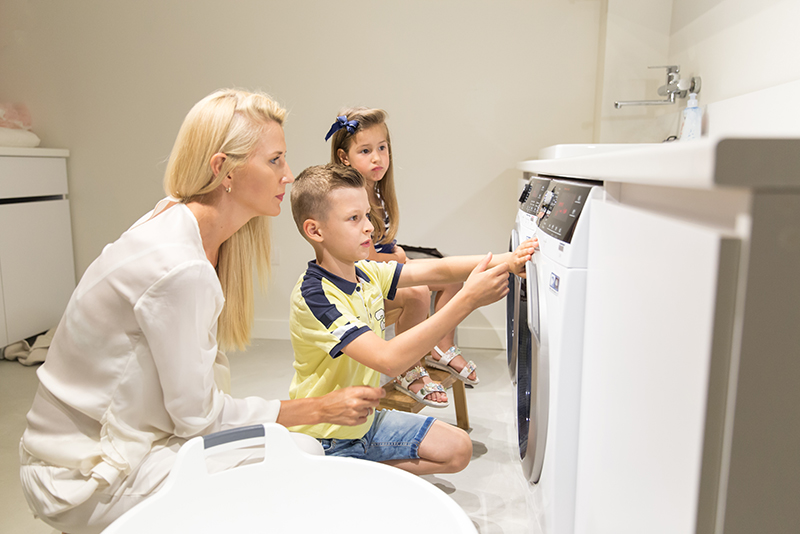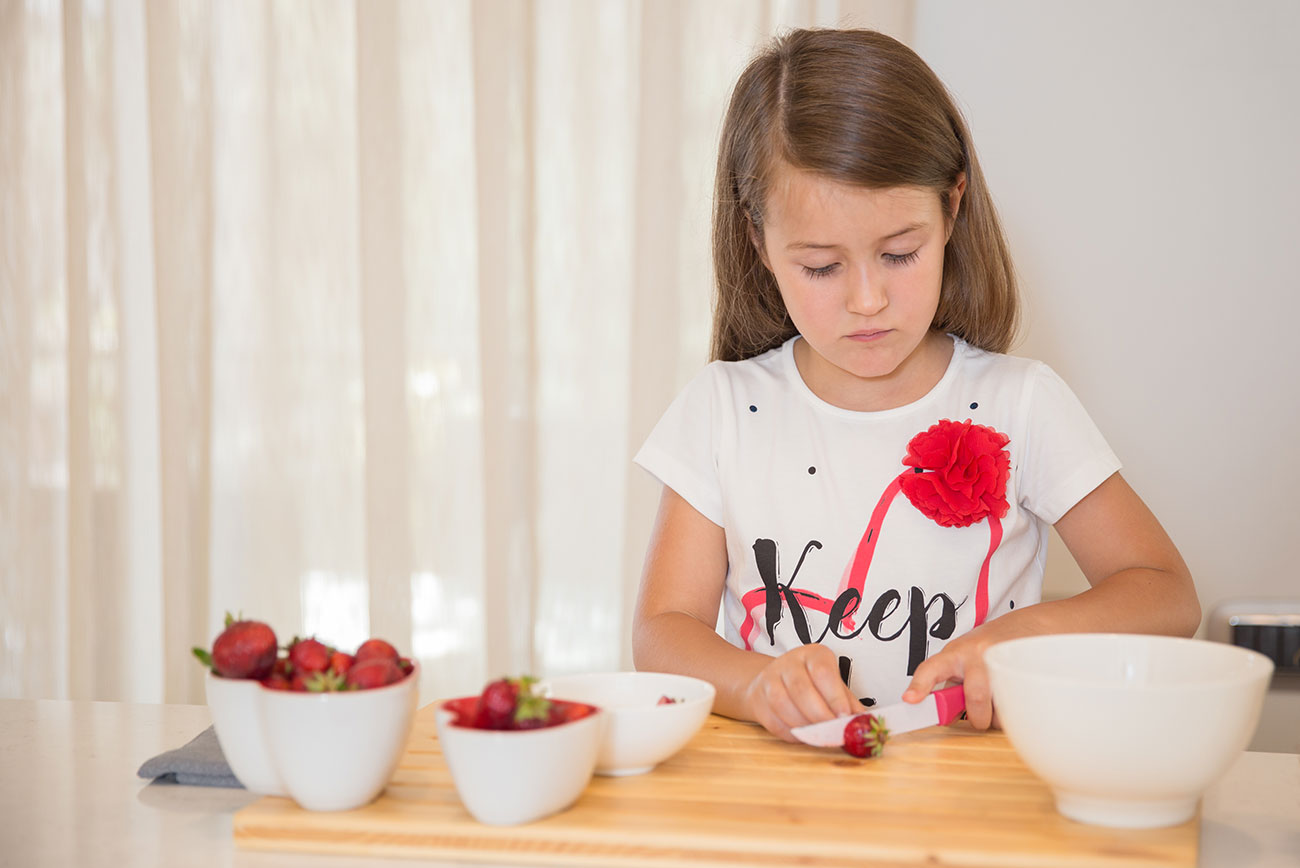Children are one of life’s greatest gifts – but raising caring, happy children in this modern world can be a challenge to any parent. Sometimes, along with the hugs and cuddles, we share their sleepless nights, the times when they get sick, their temper tantrums and fights with siblings, and the many other challenges of being a parent.
My life has been touched by the work of a brilliant woman: Maria Montessori (read my story here). I try to incorporate her insights and practical strategies that she taught to my daily life. They have influenced not only me, but hundreds of thousands of parents and children around the world. Montessori school and the entire system has been tested over part 100 years and can be implemented in your home, too.
To do so, you don’t need to become a Montessori teacher. You could try to implement as many suggestions from this blog as you can. I believe that you will find yourself becoming more effective as a parent, and more able to build a home filled with warmth, love, kindness, and respect.
One of the pillars of Montessori is the “Independence of the child”. Independence is the greatest drive of a young child. While working to achieve it, children have fun practicing and mastering many skills.
From very early in life, children want to practice the skills that will make them independent. Helping children to learn to do things for themselves, from dressing and washing to pouring drinks and making snacks, sets them on the road to independence.
According to their age, young children can be very helpful around the house. They can clean up their rooms, help to chop vegetables, sweep up messes, dust, and generally help us in the kitchen as we cook and bake (this is especially what I do in the kitchen with my baby girl).
Obviously, children do not know how to do everything that we can do, and it often seems easier to do things yourself. But by taking the time to prepare the environment and to teach children patiently how to do things step by step, you continue the process of teaching skills as well as attitudes about work.
I learned from the Montessori philosophy, that the best way to encourage a child to try new skills, is to demonstrate him precisely and slowly, in simple ways that he can understand. Then give him time to practice, and to be allowed to make his own mistakes and correct them.
I’ve simply stared looking at the world from my child’s perspective. By giving him clear boundaries and careful guidelines, I allow him to learn how to do things for himself and give him the self-respect and confidence that come with independence.


Many of the things that we do every day involve several different skills, each of which we learned along the way. By breaking tasks down into small steps, I can help my child to master each level of difficulty one at the time.
I take this approach when I want to teach my child how to empty the washing machine, to sort clean socks in the laundry or watering flowers in the garden. I explain each step with just few words as I DEMOSTRATE IT, so my child concentrates on what I am doing rather than what I am saying. Then I let him practice until he is competent at each stage.
Children naturally want to be with us around the house when they are young.
My children love helping out with the laundry. I showed them when the washing machine is done and the process is finished so the laundry is ready to be taken off. They know where to take the basket for wet clothes and how to put wet clothes to the drying machine or help me to hang the laundry on the drying line.
Of course, it is not the aim to turn my child into a little slave. I always assume, that sometimes she will be anxious to help, and at other times she will be engrossed in another activity. Young children will probably not want to go off on their own to accomplish a task. Instead, a toddler will be more likely to follow you around and will want to help with the job in which you are engaged.

So, Is it possible to make children help around the house? Yes!
I observed, that if I approached things correctly, without nagging, impatience, criticism and redoing something my child has done because it is not quite perfect, they will take delight in helping to care for her home!
According to Maria Montessori, “The essence of independence is to be able to do somethong for one’s self. Such experience is not just a play. It is work children must do in order to grow up.”
With gentile guidance, children quickly learn to work neatly, pick up after themselves, and help out with chores, and they thoroughly enjoy practicing these skills.
Children who do chores learn responsibility and gain important life skills that will serve them well throughout their lives. They will feel happy to be able to contribute to the house, and not just be a bystander.
So, let’s give them a chance to grow up. Helping around the house can really help to give them a sense of pride every day, and giving them praise for helping will make them want to do even more.



7342 Comments
Alicja
Wspaniale artykuly!!!! Ciekawe, madre, mnostwo przydatnych porad, interesujace wnioski oparte na fachowej literaturze! Wykorzystanie profesjonalizmu znanych autorytetow! Super!- Prosimy wiecej takich artykulow!!!